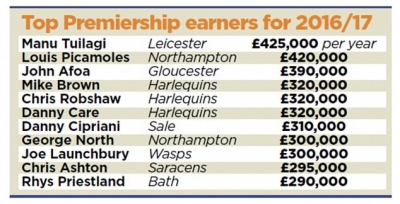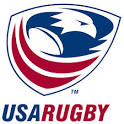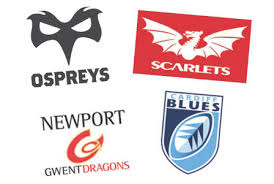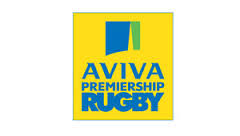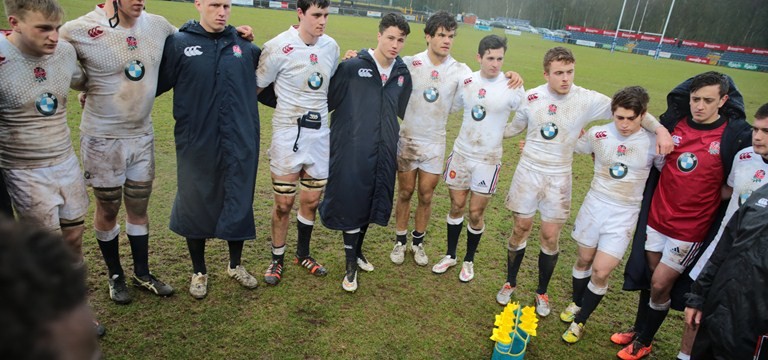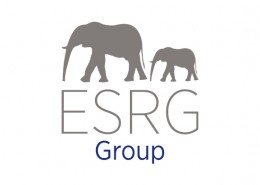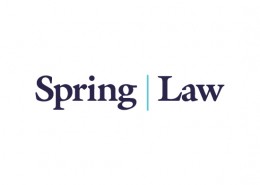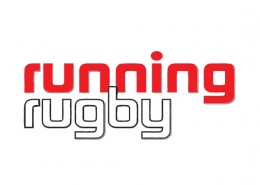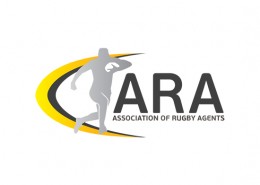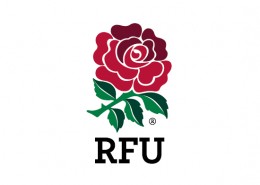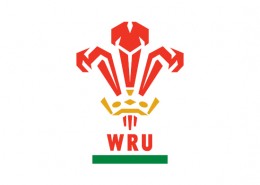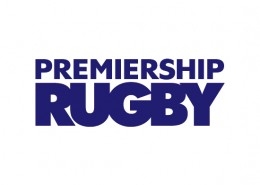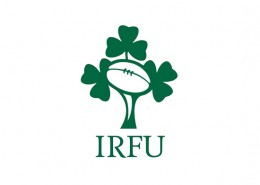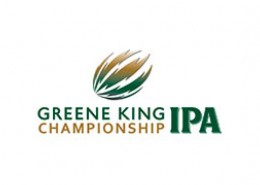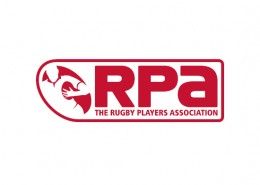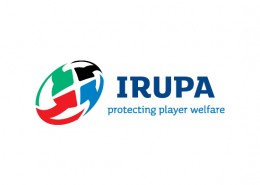Premiership Rugby have announced an increase to the salary cap in future whilst at the same time demonstrating how difficult their self-imposed system is to apply.
Premiership Rugby has concluded an investigation into alleged salary cap breaches by an unspecified number of clubs but is not revealing any details other than to say no one will be docked any league points or fined because nothing was proved after becoming mired in legal arguments.
Speculation in recent months suggested the spending of last season’s Premiership finalists Saracens and Bath was under review, but no names were mentioned and no breaches of the salary cap regulations were discovered. The investigation centred on grey areas, in particular access to information and commercial contracts.
Premiership Rugby chief executive Mark McCafferty told The Guardian it was not the case that loopholes had been exploited.
“A lot of the speculation had been based on significantly inaccurate information,” he said after a board meeting which agreed to substantially increase the cap from £5.5m this season to £6.5m in 2016-17 and £7m the following year.
“There were issues we were pursuing which were potentially in the breach category,” added McCafferty who, bound by a confidentiality clause, was able to speak only in the abstract.
“There were substantially different legal opinions and it became less than straightforward.
“We are not talking about loopholes but access to information and whether certain commercial contracts should be included in the calculation or not, which is where the differing legal opinion came in. It is not a legal requirement for us to have a salary cap, but one the clubs choose to have to help manage costs.
“We have reached a settlement which is a commercial agreement between two parties which does what it says, settles differences. It does not amount to a fine because that implies a sanction and there have been no breaches. I cannot get into the nature of the settlement. When you get to a point in any commercial relationship where there is a difference of views between two parties, an option is always to settle without one part being right and the other wrong, otherwise you are into a prolonged dispute. We are confident we have resolved the differences and we move on.
“I am concerned at the nature of the speculation that has taken place because it meant people came to an incorrect conclusion. We conduct various reviews of clubs each year in the context of closing off their annual audits. In these cases, while we have maintained confidentiality, information has flowed out and that has given oxygen to the scale of speculation there has been. The issues were complex and took time to reach an outcome.”
Since the announcement, the majority of AP clubs have publicly stated that they were not the subject of an enquiry. Bath and Saracens were not among them.
RPA Group CEO, Damian Hopley, has previously stated that any proven breaches of the salary cap must be exposed and sanctioned accordingly and this still holds true. He added: “The players allow the artificial restraint of their salaries through the salary cap, which is linked to the collective revenue levels of Premiership Rugby. It is therefore very equitable that, in return, the players must be given full assurances that the policing of the cap is of an appropriate level of rigour and that the integrity of the competition and the sport is upheld.”
Key elements of the new cap include:
• The base levels will be £6.5m in 2016/17 and £7m in 2017/18 (2015/16 – £5.5m);
• The base levels will include increased Home Grown Player Credits up to a maximum of £500k in 2016/17 and maximum £600k in 2017/18 to incentivise further the long-term development of talent through the academies;
• In addition to the base levels, Injury Dispensations up to a maximum of £400k per season continue to be available to each Club.
• Each Club can continue to have a maximum of two Excluded Players, with one being new to Premiership Rugby or not having played in Premiership Rugby for at least 12 months;
• A new England Senior EPS or International Player Credit in addition to the base level to facilitate squad strengthening, particularly cover for player absence during international periods.
• There will be a new overrun tax on any salary spend up to five per cent over the base level (5 per cent being £325k in 2016-17 and £350k in 2017-18)



